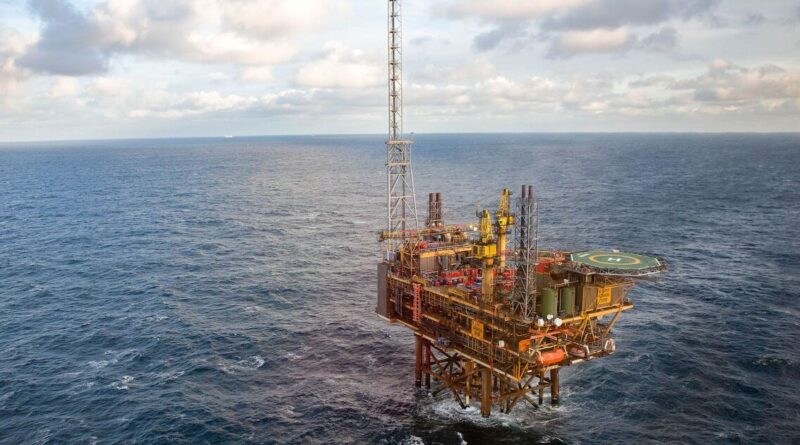Huge economy boost to Falkland Islands as plans to exploit huge oil field revealed | World | News
The Falkland Islands has opened up the possibility of oil exploration in its waters for the first time ever, in a move that could bring about untold riches but may also cause the UK government a headache.
The Falklands’ ruling council has asked residents if they support a plan to extract up to 500m barrels of oil from the Sea Lion field.
Israeli firm Navitas Petroleum has bought up most of the rights to the field, 150 miles to the north, meaning most of the money generated by the move would go to shareholders in Israel and the US.
But, British locals could benefit from millions of pounds in royalties and taxes on the profits made. If this came to pass, it could radically alter the islands’ economy, which is currently sustained by sheep farming and fishing.
The oil field could contain 1.7 billion barrels, meaning it would dwarf the UK’s largest development, Rosebank, which is estimated at around 300 million barrels.
Despite the untold riches it could generate for the Brits living on the islands, the plans are not without controversy.
Labour, which is odds on to form the next government based on the latest polls, has made ramping up the transition to net zero a key manifesto pledge.
However, drilling for the vast amount of oil in the Falklands’ waters could smash a hole in that green transition.
Sir Keir Starmer’s party has vowed to ban all new oil and gas exploration in British waters, but the ban wouldn’t impact the Falklands as local leaders are in control of the decision.
John Birmingham, deputy portfolio holder for natural resources, MLA (Member of the Legislative Assembly), said: “Offshore hydrocarbons have the potential to be a significant part of our economy over the coming decades.
“At the same time, we recognise that the environmental impacts must be carefully managed and it is essential that the unique environment of the Falkland Islands is protected.
“We welcome the submission of the environmental impact statement so that the public can express their views on the issues.”





